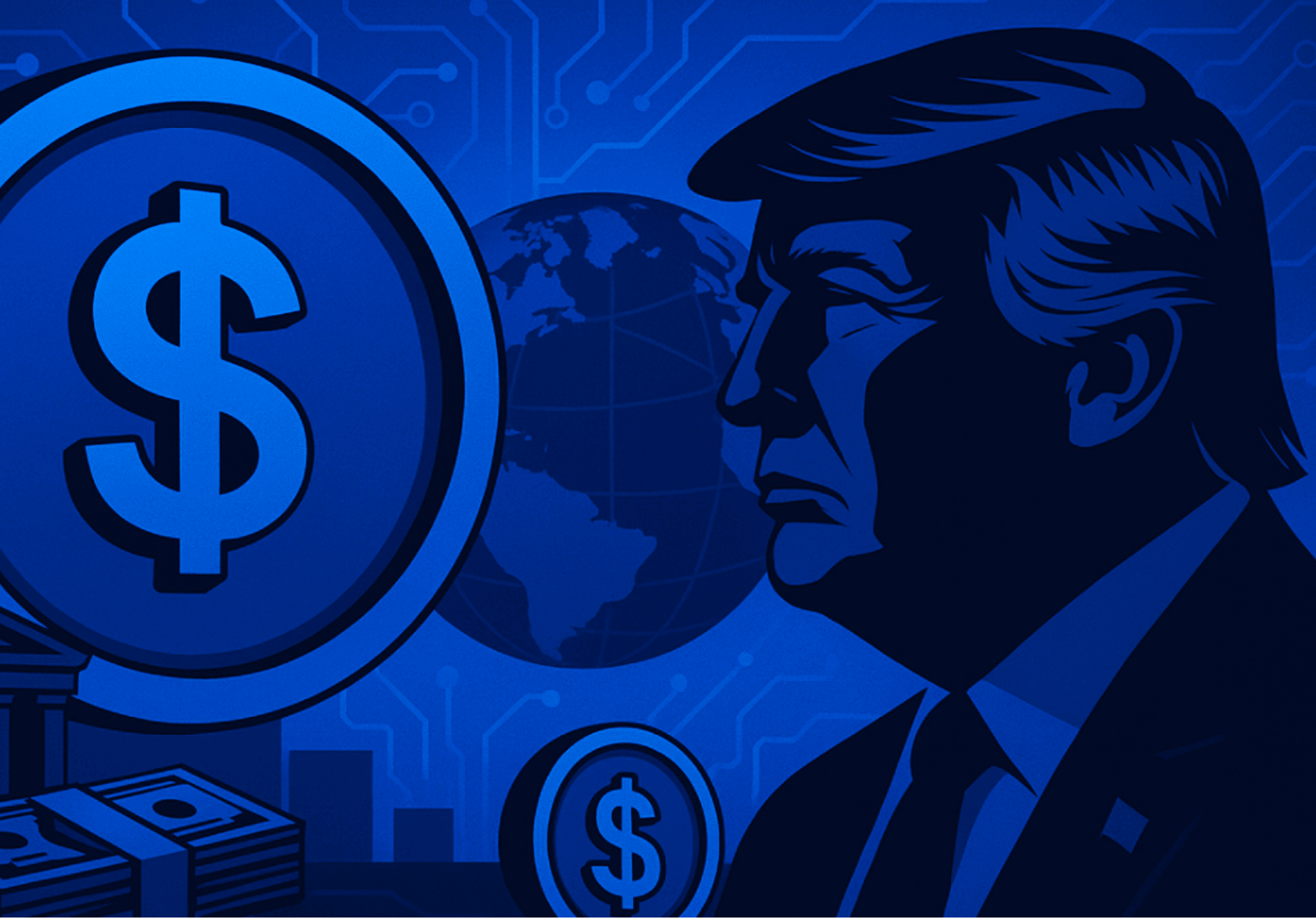The U.S. Senate is preparing for a crucial procedural vote on the GENIUS Stablecoin Bill this Wednesday. Officially titled the “Guiding and Establishing National Innovation for U.S. Stablecoins Act,” the bill seeks to regulate stablecoins comprehensively and has attracted bipartisan support. If passed, this legislation could mark a groundbreaking shift in how digital assets are governed in the United States.
What’s at Stake in the Senate Vote

Senate Majority Leader John Thune initiated the cloture process on both the GENIUS Act and its bipartisan amendment, according to a statement posted by the Senate Republican Cloakroom on X. Cloture is a procedural step requiring 60 votes and, if successful, will open the door for final debate and voting on the GENIUS Stablecoin Bill.
This follows last month’s successful cloture vote (66-32) on the earlier bipartisan version of the stablecoin bill, which crypto leaders celebrated as a landmark moment. Supporters believe the GENIUS Stablecoin Bill could enhance the U.S. dollar’s global role in digital finance and create a clearer regulatory framework for the crypto industry.
Key Measures in the GENIUS Stablecoin Bill
The legislation outlines several major provisions designed to ensure market stability and consumer trust:
- Mandatory Full Reserves: Stablecoins must be backed 1:1 with U.S. dollars or similarly liquid assets.
- Annual Oversight: Stablecoin issuers with market caps above $50 billion must undergo annual audits.
- International Compliance: Foreign stablecoin providers must have systems in place to comply with U.S. legal orders, such as freezing assets tied to crime.
These measures aim to foster innovation while minimizing risks like fraud and financial instability.
Political Alignment and Industry Support

The GENIUS Stablecoin Bill has earned backing from both Democratic and Republican lawmakers – an increasingly rare feat in U.S. politics. Many lawmakers view this as a chance to lead globally in stablecoin oversight.
Industry reaction has been overwhelmingly positive. Bitwise CIO Matt Hougan noted:
“Politicians in Washington did the right thing. I don’t want to count my chickens before they hatch, but it looks like we will have our first full-fledged piece of crypto legislation passed in the U.S. by the summer.”
His statement underscores the bill’s perceived importance to the digital asset economy.
Why the GENIUS Stablecoin Bill Matters
This legislation could help stabilize the crypto ecosystem, particularly by preventing situations like the TerraUSD crash of 2022. Its requirement for full reserve backing addresses undercollateralization risks, while its global compliance provisions acknowledge the cross-border nature of crypto.
By passing the GENIUS Stablecoin Bill, the Senate would take a major step toward protecting consumers and reinforcing America’s financial leadership in a digital world.
Roadblocks and What Comes Next
Despite strong momentum, challenges remain. The bill needs a minimum of 60 Senate votes to move forward. If successful, it will still need to be reconciled with any House amendments before reaching President Biden’s desk.
Should the GENIUS Stablecoin Bill become law, it could act as a global template for how stablecoins are governed, influencing future digital asset regulations worldwide.
Conclusion: A Defining Moment for Crypto Law
The Senate’s vote on the GENIUS Stablecoin Bill marks a decisive point in U.S. crypto policy. Clear rules, financial safeguards, and bipartisan support make this one of the most important digital finance debates in recent years.
Whether or not it passes, this vote will shape the path forward—not just for stablecoins, but for the broader future of blockchain regulation in America.




